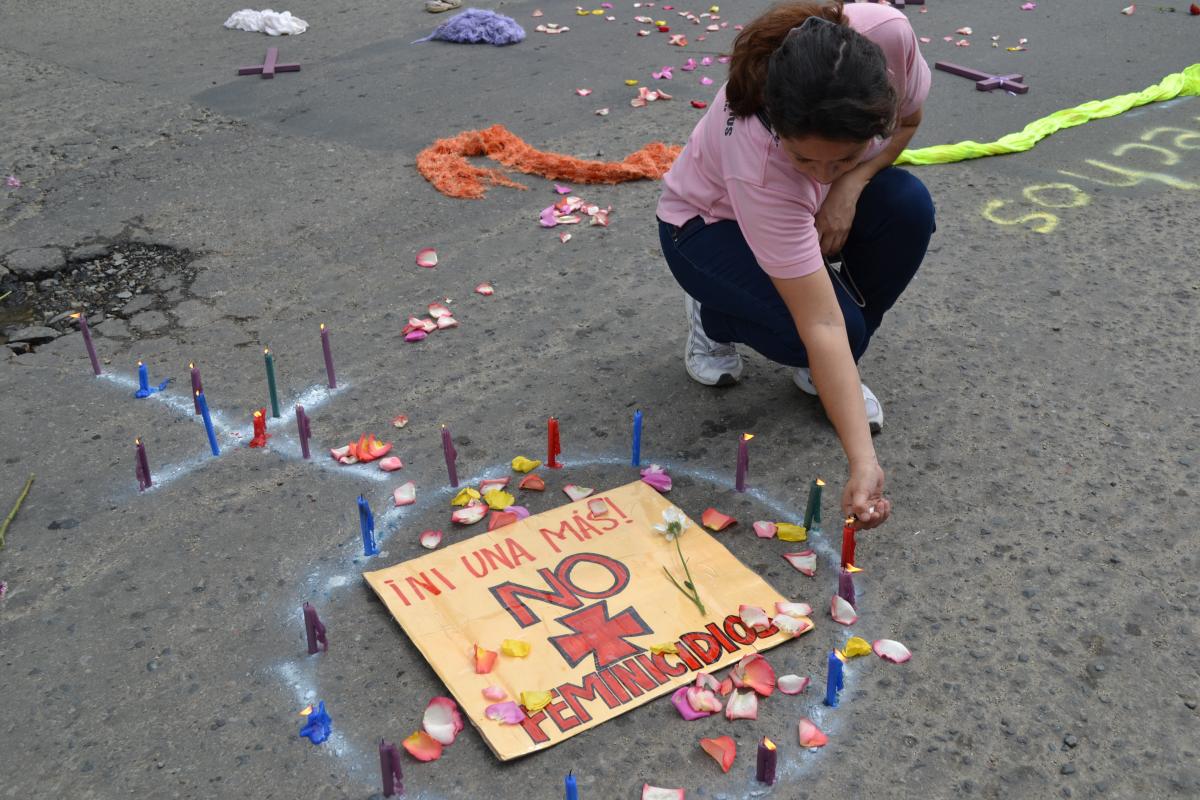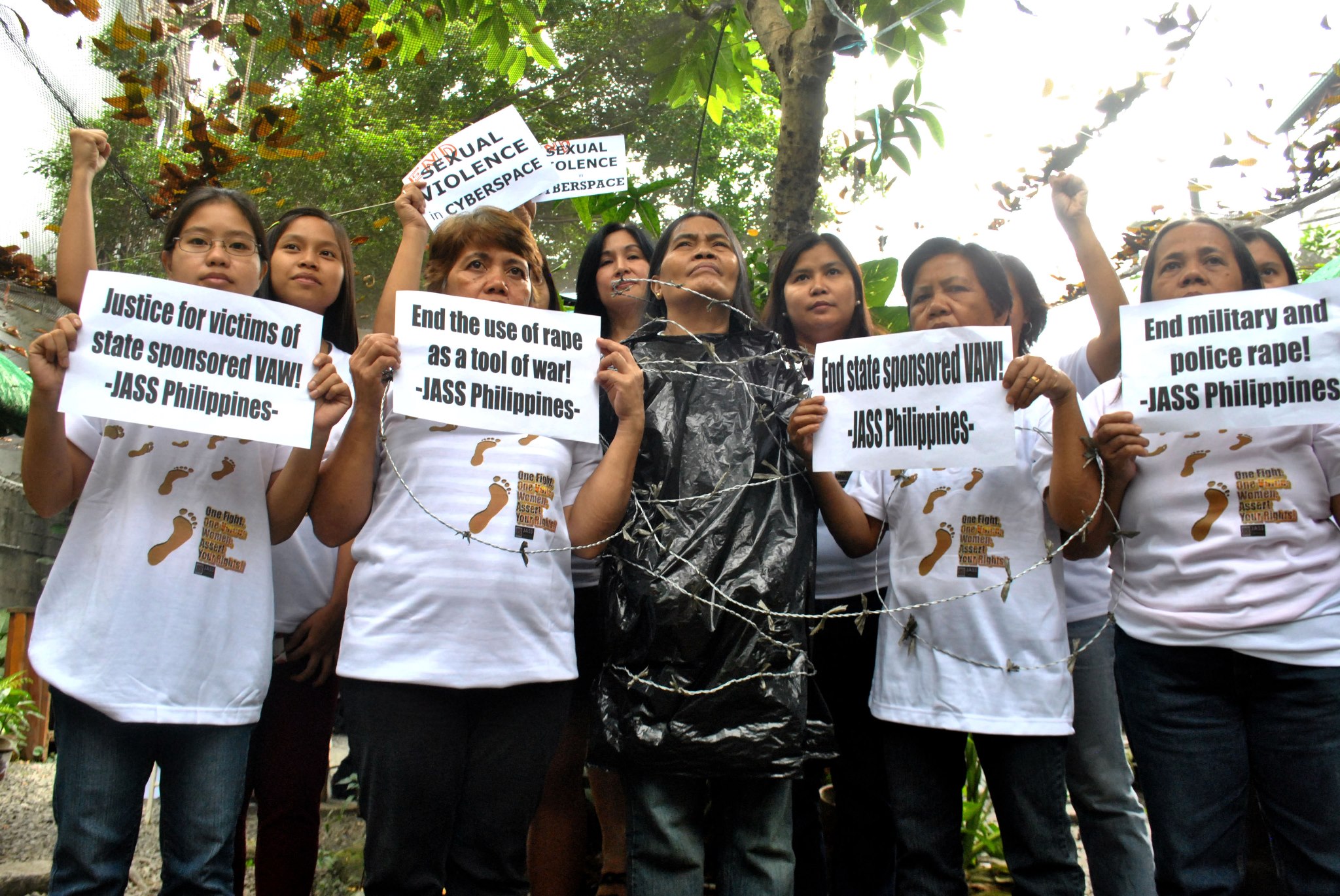By JASS Board Co-Chair, Srilatha Batliwala
JASS is excited to begin reframing our vision of movement-building and our very structure as an organization around Colombian anthropologist, Arturo Escobar’s notion of “movement meshworks”[1]—an idea that is deeply resonant with our history and evolution. Escobar defines meshworks as webs of activism where social movements and networks of activism of various kinds, sharing broadly similar social, economic and political ideologies, begin to act together more synergistically and purposefully, moving in and out of strategic spaces and engagements. The uprisings across the Middle East and North Africa in the Arab Spring are good examples of such meshworks.
This concept speaks clearly to the community JASS holds together across many borders, as well as what JASS does and the way it works. We are engaged in feminist movement-building—which means that we bring feminist thinking to the way that we organize and mobilize women around an analysis of the heartfelt needs and interests they define. Forging common cause across many organizational and sectoral differences as well as the divides of ethnicity, age, location, class, sexuality and more, we work to weave a shared political agenda that offers solutions to problems and a vision for change. In this process, we inspire women’s sense of hope and citizen activism, and build women’s leadership to pursue collective strategies for change[2]. But we work in diverse locations and political contexts, with a diversity of marginalized women, and around different issues and interests. Our aim is to weave these disparate—and often isolated—struggles into a larger web and community to provide a sense of belonging that women activists long for, build their strength and visibility, and create a greater impact, over time, than any single movement can achieve on its own. Our work and how we do it builds community and seeks to mend the frayed social fabric.
 So while JASS works in many countries and communities in Mesoamerica, Southeast Asia, Southern Africa, and at the global level, with constituencies of women as diverse as indigenous women and LGBTI activists, HIV positive women in poor rural communities, economically and socially vulnerable single women, and young women activists, there are certain fundamental cross-cutting personal and political experiences and struggles for rights that weave us all into a single web. These include violence of different kinds, such as femicide and attacks on women human rights defenders; the lack of voice and influence in shaping the policies and services that affect the daily lives of our constituents; displacement from traditional lands and livelihoods; and the right to resources to ensure livelihoods and basic wellbeing. Our movement-building targets not only the state, regional, and international bodies, but also works to change cultural and social norms at the community level that justify violence, hate, and gender discrimination, and the growing sway of fundamentalist religious agendas and criminal networks. The global level of JASS’ work assumes particular importance in this meshwork because, in a globalized world, agenda setting by various state and non-state actors (such as multinational corporations) cannot be addressed solely at the local or national level. But it is the strong connection to the movements at the local and regional level that gives JASS legitimacy and credibility for its global interventions and advocacy.
So while JASS works in many countries and communities in Mesoamerica, Southeast Asia, Southern Africa, and at the global level, with constituencies of women as diverse as indigenous women and LGBTI activists, HIV positive women in poor rural communities, economically and socially vulnerable single women, and young women activists, there are certain fundamental cross-cutting personal and political experiences and struggles for rights that weave us all into a single web. These include violence of different kinds, such as femicide and attacks on women human rights defenders; the lack of voice and influence in shaping the policies and services that affect the daily lives of our constituents; displacement from traditional lands and livelihoods; and the right to resources to ensure livelihoods and basic wellbeing. Our movement-building targets not only the state, regional, and international bodies, but also works to change cultural and social norms at the community level that justify violence, hate, and gender discrimination, and the growing sway of fundamentalist religious agendas and criminal networks. The global level of JASS’ work assumes particular importance in this meshwork because, in a globalized world, agenda setting by various state and non-state actors (such as multinational corporations) cannot be addressed solely at the local or national level. But it is the strong connection to the movements at the local and regional level that gives JASS legitimacy and credibility for its global interventions and advocacy.
Our goal, therefore, is to build layers of movement webs that both protect and sustain women—their hope, their energy, and their commitment—and can in turn be woven into a larger meshwork of influence. We seek to weave the grassroots, local organizing of women into a movement web at the national and regional level and, eventually, into a global web that can in turn connect to other movements at all these levels. We believe that such a meshwork will greatly enhance the collective power and voice of marginalized women while retaining the agility and autonomy of local organizations and movements to pursue agendas most relevant to their immediate realities and contexts. In Escobar’s words, they will create “place-based yet transnationalised political strategies”[3] to influence and change the ideas, institutions, and policies that destroy lives and the planet. We also know that our movement webs will produce new knowledge and strategies of engagement that will enrich theory and practice in the fields of gender equality, social justice, and human development.
[1] Escobar, Arturo, 2008, Territories of Difference: Place, Movements, Life, Redes. Durham: Duke University Press.
[2] Based on the definition provided in S. Batliwala (Editor), 2012, “Changing Their World: Concepts and Practices of Women’s Movements” (Second Edition), AWID (Association for Women’s Rights in Development), P.3,4, and 6.
[3] Escobar, Arturo, 2004, “Beyond the Third World: imperial globality, global coloniality and anti-globalisation social movements”, Third World Quarterly, Vol.25, No.1, pp 207-230, P. 207


























